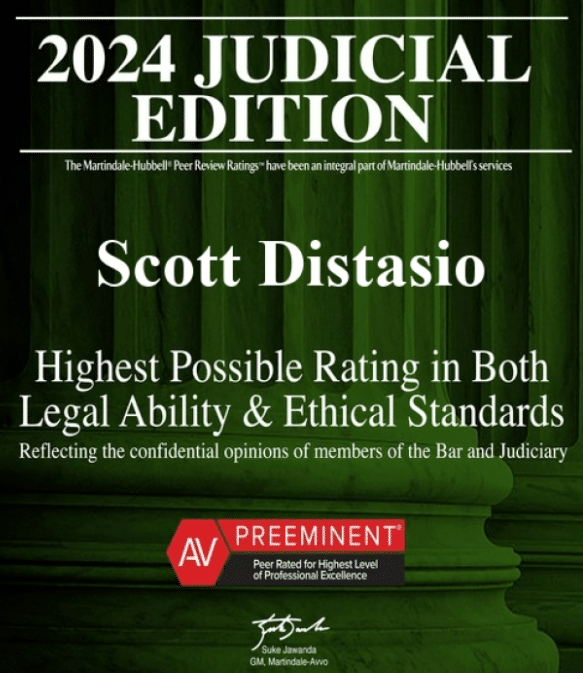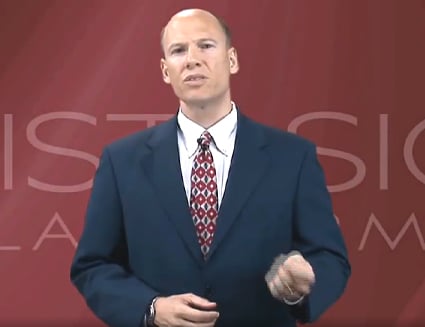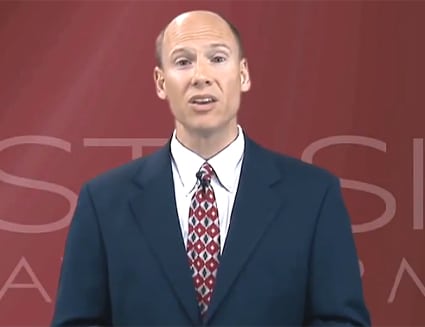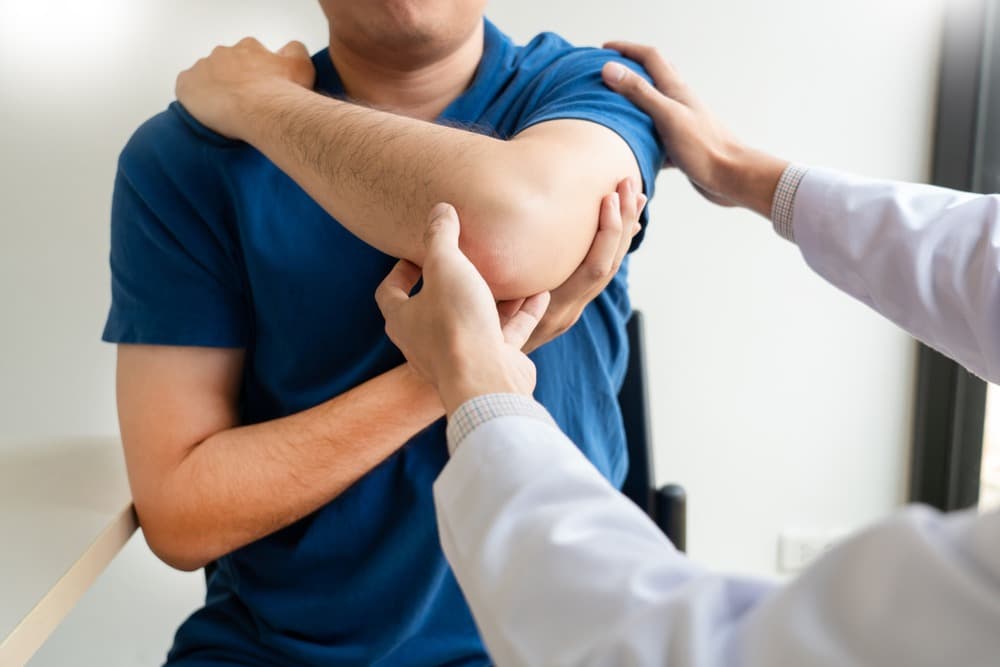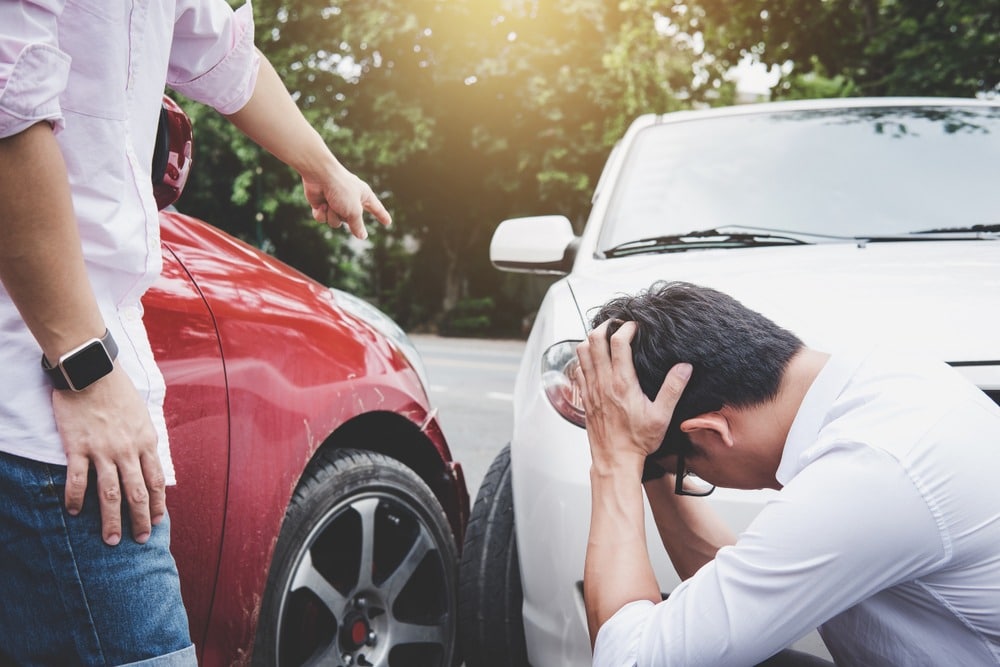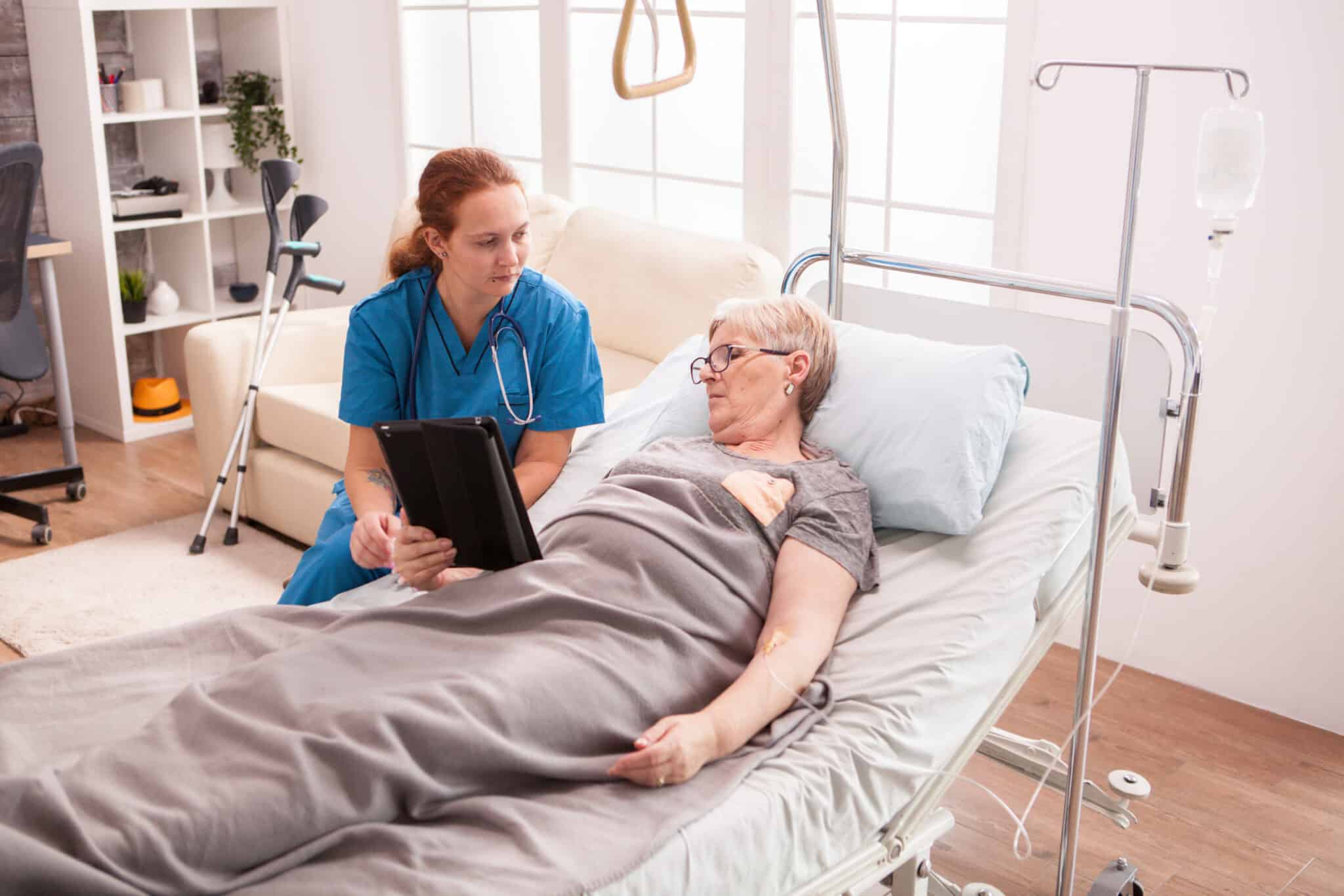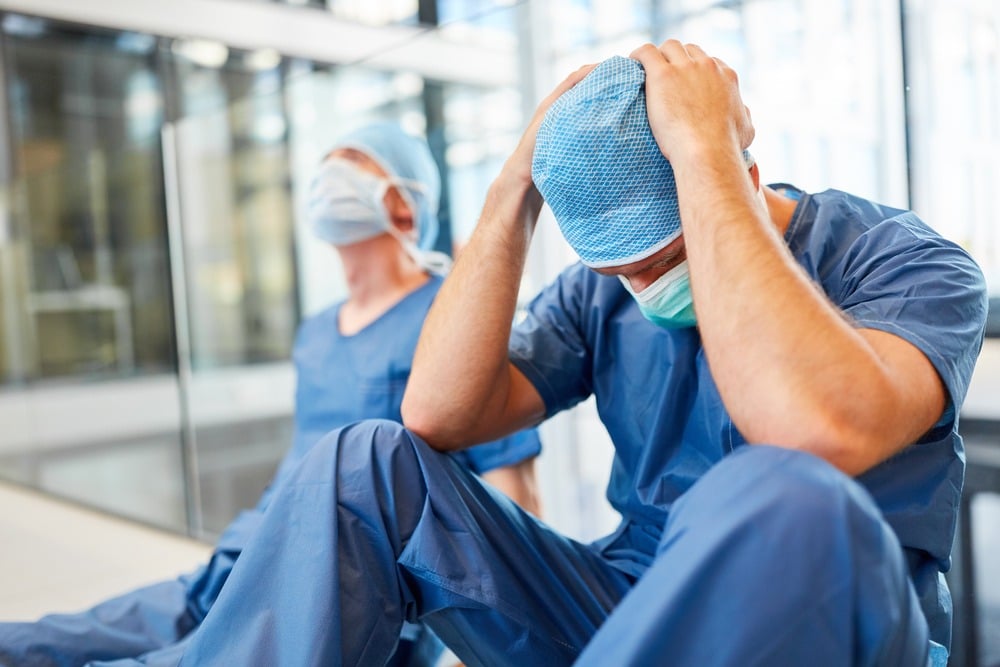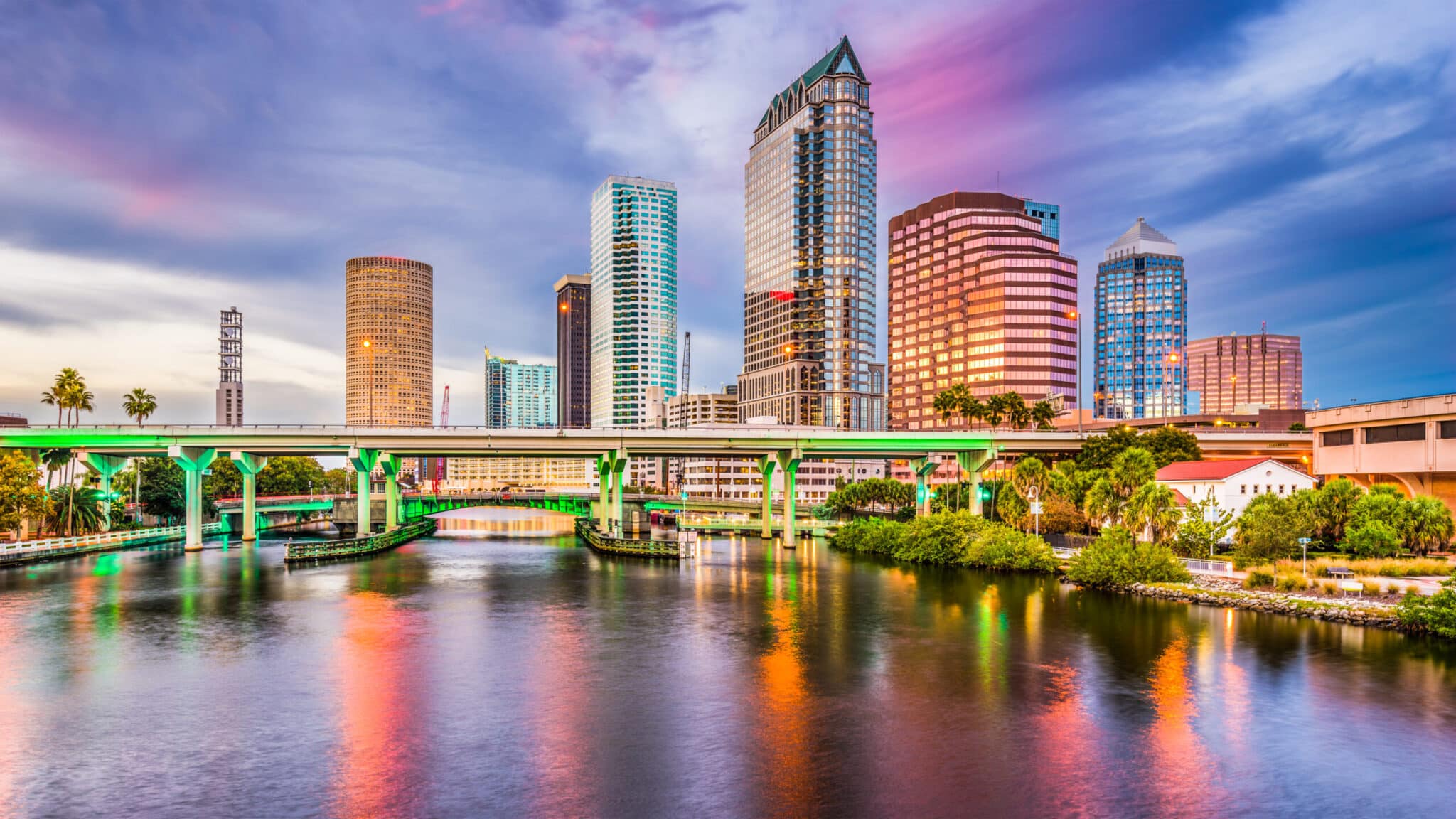Tampa
In the heart of Tampa, the Channelside district stands out as a vibrant and strategic location, a reason why our personal injury law firm chose it for our office. This bustling area, known for its dynamic mix of residential, commercial, and entertainment spaces, mirrors our firm’s commitment to being at the center of community life and easily accessible to our clients.
Tampa, a city celebrated for its rich cultural heritage and booming economy, offers an ideal backdrop for our personal injury practice. Channelside, in particular, encapsulates the essence of Tampa’s growth and development. Its proximity to key landmarks like the Port of Tampa, the Florida Aquarium, and the Amalie Arena, and areas like Ybor City, Belmont Heights, Hyde Park, and Tampa Palms not only makes it a hub for business and tourism but also places us in the midst of a diverse client base.
By situating ourselves in Downtown Tampa, we are more than just an injury law firm; we are an integral part of the Tampa community, dedicated to providing top-notch legal assistance to those in need, right where the heart of the city beats the strongest.

















